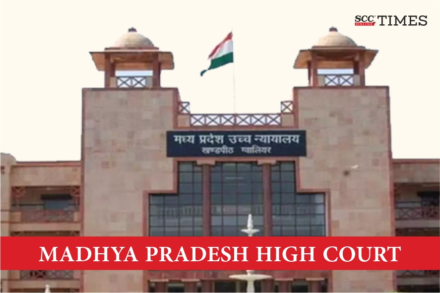
Court Fee must be paid on sale consideration when declaratory suit involves title based on agreement to sell: MP High Court
“Where the plaintiff attempts to under-value the plaint and reliefs, the Court has to intervene.”

“Where the plaintiff attempts to under-value the plaint and reliefs, the Court has to intervene.”

‘It is no longer res integra that to determine an application under Order VII Rule 11 of Civil Procedure Code, it is only averments made in the plaint that can be considered.’
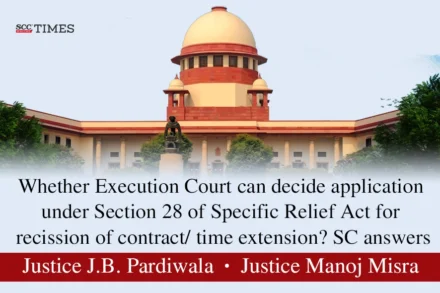
Dismissing the appeal, the Court opined that the respondents had all throughout shown their intention to pay the balance consideration for execution of the sale deed whereas the appellants appeared interested only in challenging the decree before higher Courts.
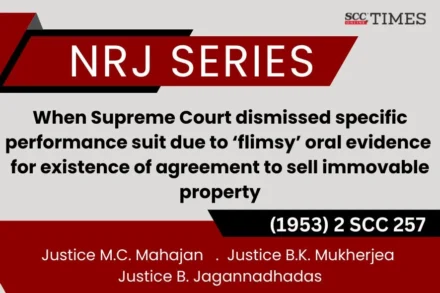
This report covers the Supreme Court’s Never Reported Judgment, on suit for specific performance, dating back to the year 1953.
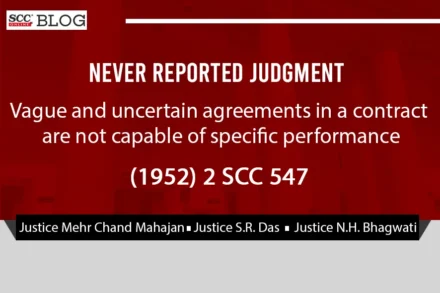
This report covers the Supreme Court’s Never Reported Judgment dating back to the year 1952 on specific performance of contract.
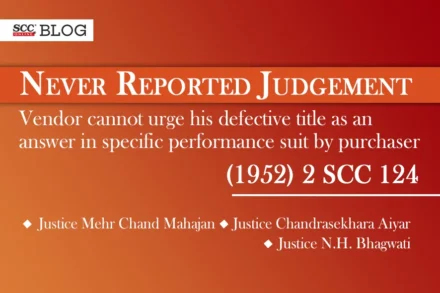
This report covers the Supreme Court’s Never Reported Judgment dating back to the year 1952 on specific performance in imperfect title.
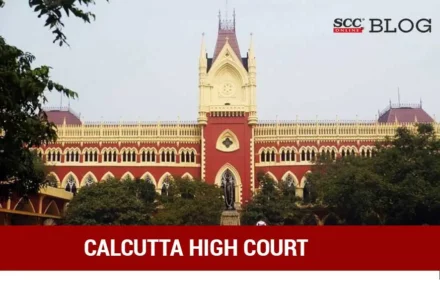
Calcutta High Court determined that the compromise decree indicated that the vendors-defendants (respondent 2 and 3) do not have title to the property.
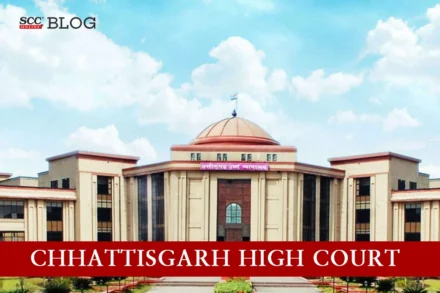
“The pleading made by respondent-plaintiff through the power of attorney holder in the plaint is to be examined as against the statement made by the power of the attorney holder as a witness.”

The principle governing the evidence in civil cases is that there should be a preponderance of the events which should be proved unlike in criminal matters, where the evidence have to be proved beyond a reasonable doubt. Moreover, the burden of proof is on the party which will suffer if such evidence is not proved.
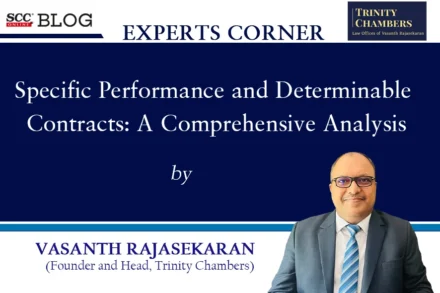
by Vasanth Rajasekaran*
Cite as: 2023 SCC OnLine Blog Exp 67

Delhi High Court observed that that the Sole Arbitrator was well within its jurisdiction to declare the Agreement dated 23-03-2001 as determinable agreement in view of the statement of claim of the respondent and Terms of the said Agreement.
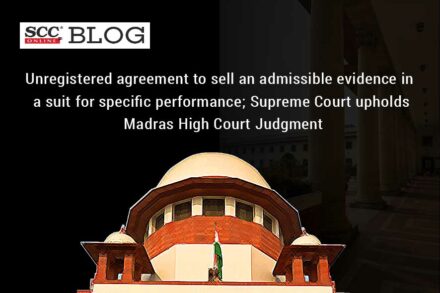
Supreme Court said that as per proviso to Section 49 of the Registration Act, 1908 an unregistered document affecting immovable property may be received as evidence of a contract in a suit for specific performance under Chapter-II of the Specific Relief Act, 1877, or as evidence of any collateral transaction not required to be effected by registered instrument, subject to Section 17(1A) of the Registration Act.
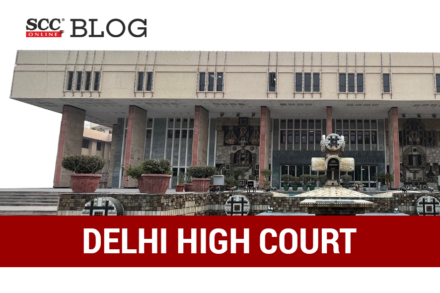
The Collaboration Agreement is a commercial transaction between the private parties and hence the same by its very nature is determinable, even if there is termination clause in the Collaboration Agreement
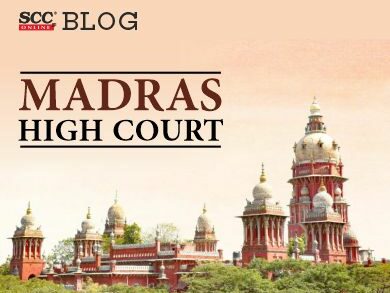
Madras High Court said that the High Court cannot issue directions for speedy disposal unless there is a justification or acceptable reason for issuing any such directions. The Court concerned is expected to regulate its own procedures in respect of the cases for effective disposal.
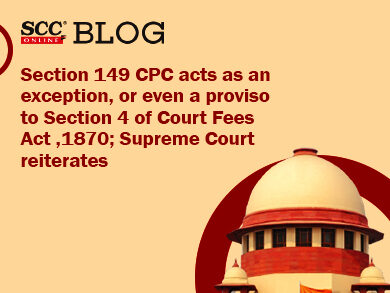
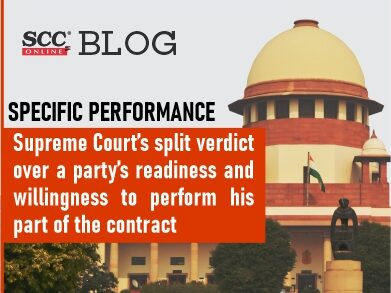
While Justice Shah stated that the Kerala High Court has erred in interfering with the judgment of Trial Court of passing a decree for specific performance; Justice Nagarathna affirmed the Judgment of the High Court.
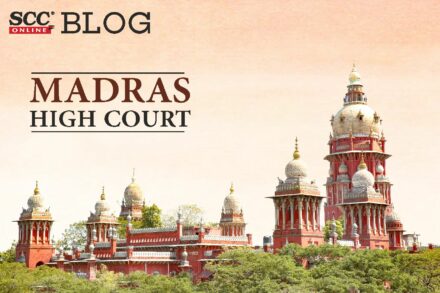
Madras High Court: In an intra-Court appeal filed against the order of the single judge, whereby, the judge allowed the
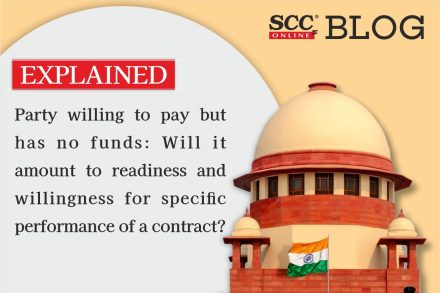
Supreme Court: In a suit for specific performance the Division Bench of Indira Banerjee* and Hrishikesh Roy, JJ., explained the

Supreme Court: Stating that readiness and willingness are necessary for the purpose of passing a decree of specific performance, Division Bench of
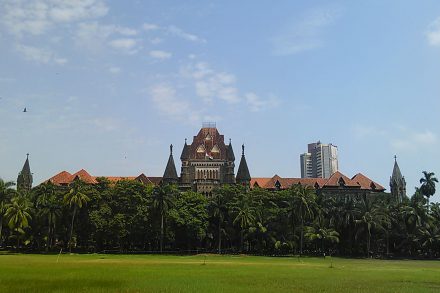
Bombay HC’s Justice Dama Seshadri Naidu while discussing, quotes EBC’s C.K. Thakker’ s Code of Civil Procedure